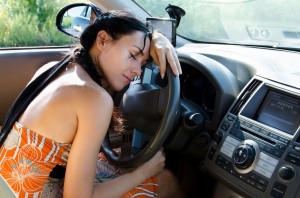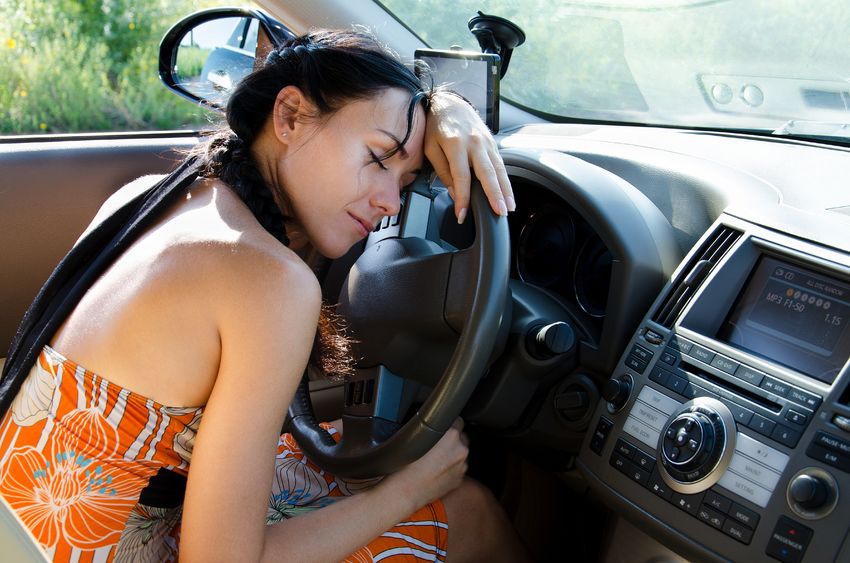Although, driving drunk and texting are still 2 of the main causes of automobile accidents, a recent study has identified another cause high on the list. Teens and young adults are involved in many car accidents because they simply aren’t getting enough sleep. The new study conducted by Alexandra Martiniuk and her colleagues at The George Institute for Global Health in Sydney, Australia, provides evidence that a long-term lack of sleep doesn’t just cause immediate drowsiness at the wheel; it may also affect a young driver’s judgment over time.
The researchers studied the driving records of more 19,000 young women and men, aged 17 to 24, who had just received their driver’s licenses. The driver’s had provided information about the amount of sleep that got each night by questionnaires, the month before their licenses were issued. Over the next 2 years police records were studied, focusing on road crashes and the teens involved in the study. Those who reported getting 6 hours of sleep or less, were 21% more likely to have been involved in a motor accident. The risk rose to 55% on the weekends compared to those who slept more.
Sleepy driving is a global issue that isn’t just affecting teens, the study notes. 5% to 30% of crashes are caused by fatigue for all ages in the United States, United Kingdom and Australia. These accidents are more likely to be fatal compared to other causes of motor accidents. The National Highway Traffic Safety Administration (NHTSA) reports that 1 in 6 crashes with a fatality were caused by a sleepy driver.
Proven short term methods to reduce sleepy driving include drinking coffee, playing the radio while driving and simply stopping at a rest stop. The NHTSA is looking into changing road designs and education campaigns to help prevent crash risks.



Comments are closed.